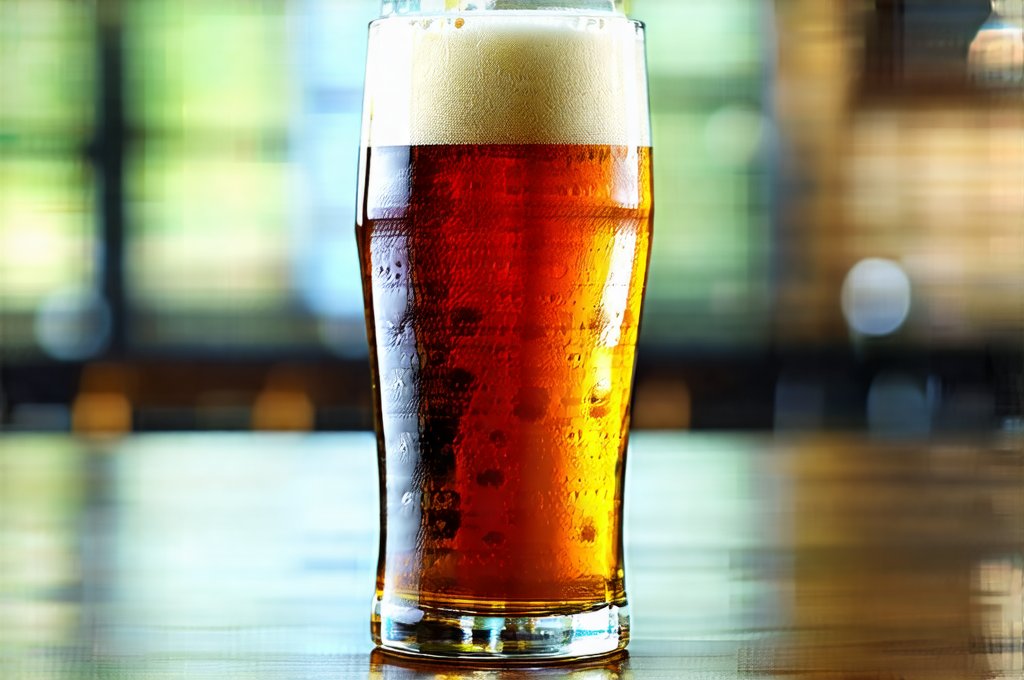Acid reflux, also known as heartburn, is a common digestive condition affecting millions worldwide. It occurs when stomach acid flows back up into the esophagus, causing a burning sensation in the chest, regurgitation, and sometimes even difficulty swallowing. While many associate triggers with this uncomfortable experience – spicy foods, large meals, stress – alcoholic beverages frequently top the list for individuals prone to reflux. However, as the non-alcoholic beverage market expands, particularly within the beer category, questions arise about whether alcohol-free beer might offer a different experience for those managing acid reflux symptoms. Understanding the nuances of how both regular and alcohol-free beers interact with the digestive system is crucial for informed choices.
The conventional wisdom surrounding alcohol and acid reflux stems from alcohol’s known effects on the lower esophageal sphincter (LES). This muscular valve acts as a barrier, preventing stomach contents from flowing upwards. Alcohol relaxes this sphincter, making it easier for acid to escape. But what about beer that contains little to no alcohol? The answer isn’t straightforward, because even without alcohol, other components of beer can still contribute to reflux symptoms. Moreover, the brewing process itself, and ingredients used beyond just alcohol, play a significant role in how a beer – regardless of its alcoholic content – impacts digestion. This article will delve into this complex relationship, exploring how alcohol-free beer might affect acid reflux compared to traditional beers, and what factors individuals with reflux should consider.
The Impact of Traditional Beer on Acid Reflux
Traditional beer, even beyond the presence of alcohol, contains several elements that can exacerbate acid reflux symptoms. Carbonation is a key factor; bubbles increase pressure in the stomach, potentially forcing the LES to open more easily. Malted barley, a primary ingredient, is fermented and can produce compounds like histamine which are known triggers for some individuals with sensitivity. Additionally, hops contribute to flavor but also contain acids that may irritate the esophageal lining.
The combination of these elements—alcohol’s LES-relaxing effect, carbonation’s pressure increase, and ingredients triggering irritation—creates a potent reflux cocktail in many people. Different beer styles will have varying levels of these factors too. For example, heavily hopped IPAs might be more problematic for some compared to lighter lagers with less intense hop profiles. The volume consumed also matters significantly – the more beer ingested, the greater the risk of triggering symptoms.
It’s important to remember that individual responses vary greatly. Some people can tolerate a moderate amount of beer without issue, while others experience reflux even after small sips. This difference stems from variations in LES strength, stomach acidity levels, and overall digestive health. The presence of other conditions like hiatal hernia or gastroesophageal reflux disease (GERD) also influences sensitivity to these triggers. If you suspect your symptoms are related to food, consider how to track symptoms to better understand what’s happening.
Alcohol-Free Beer: A Potential Alternative?
Alcohol-free beer aims to replicate the taste of traditional beer without the intoxicating effects of alcohol. However, it’s not simply “beer with the alcohol removed.” The brewing process for alcohol-free beers differs considerably, and this impacts how they might affect acid reflux. Many employ techniques like limiting fermentation or utilizing special yeasts that produce minimal alcohol from the start. This results in significantly lower levels of histamine and other compounds associated with alcoholic beer.
While still carbonated, some alcohol-free beers are formulated to have reduced carbonation compared to traditional styles. This can lessen stomach pressure and potentially reduce the likelihood of LES opening. Also, although malted barley is usually still present, the brewing process for alcohol-free versions sometimes alters the compounds created during fermentation, leading to a different chemical profile that might be less irritating for some individuals. It’s important to note “alcohol-free” doesn’t always mean 0% alcohol; many contain trace amounts (typically under 0.5%), which is unlikely to have the same LES-relaxing effect as higher alcoholic content beverages. Understanding how enzyme deficiency may also play a role in your digestion can be helpful too.
However, it’s crucial not to assume alcohol-free beer automatically eliminates reflux risk. Carbonation remains a factor, and individual sensitivities still apply. Even with lower histamine levels, some individuals might find their symptoms are triggered by other compounds within the beer or even the brewing process itself. The key is careful observation of one’s own body’s response.
Understanding Individual Triggers & Experimentation
Identifying personal triggers is paramount when managing acid reflux. What bothers one person may not affect another, making a generalized approach ineffective. – Keep a detailed food and beverage diary: record everything you consume, noting any associated symptoms (timing, severity). – Eliminate potential triggers one by one: remove suspected foods or drinks from your diet for a period of time to see if symptoms improve. – Reintroduce slowly: gradually reintroduce eliminated items, paying close attention to how your body reacts.
This experimentation should extend to alcohol-free beer. Start with small amounts and observe any changes in reflux symptoms. Different brands and styles of alcohol-free beer will have varying levels of carbonation and ingredients; trying a few different options can help pinpoint which ones are better tolerated. It’s also vital to consider other factors that might be contributing to your reflux, such as stress levels, diet choices, or underlying medical conditions. A holistic approach is often more effective than focusing solely on one trigger. How social pressure can sometimes affect digestion and symptoms should also be considered.
The Role of Carbonation and Brewing Methods
The level of carbonation in any beer – alcoholic or alcohol-free – significantly influences its potential to cause reflux. Higher carbonation leads to increased pressure within the stomach, putting stress on the LES. Some manufacturers are now producing alcohol-free beers with reduced carbonation levels specifically for sensitive individuals. Look for “low carb” or “still” varieties if available.
The brewing method also matters greatly. Beers brewed using a process that minimizes fermentation will generally have lower histamine levels and potentially fewer irritating compounds. Furthermore, the type of malt used can influence acidity and overall digestibility. Some breweries are experimenting with alternative grains to reduce potential triggers for those with reflux. – Focus on beers made with minimal fermentation. – Look for options labeled “low carb” or “still”. – Research brewery practices regarding ingredients and brewing processes. If you suspect a food sensitivity, it’s worth exploring how food sensitivities mimic IBS symptoms.
Lifestyle Factors & Complementary Approaches
While exploring alcohol-free beer as a possible alternative, it’s essential to address broader lifestyle factors that contribute to acid reflux. Maintaining a healthy weight, avoiding large meals, and elevating the head of your bed during sleep can all help reduce symptoms. – Avoid eating within 2-3 hours of bedtime. – Eat smaller, more frequent meals throughout the day. – Limit consumption of fatty foods, caffeine, chocolate, and citrus fruits.
Stress management techniques like yoga, meditation, or deep breathing exercises can also be beneficial, as stress often exacerbates reflux symptoms. If lifestyle changes aren’t sufficient, consult with a healthcare professional to discuss potential medication options or further investigation into underlying causes. Remember that alcohol-free beer is not a cure for acid reflux but might offer a more tolerable option for some individuals when enjoyed in moderation and as part of an overall healthy lifestyle. It’s about finding what works best for you through careful observation and informed choices. Can acid reflux actually be linked to food sensitivity? Many people wonder this, so it’s worth exploring! Finally, don’t forget the importance of how to cook for comfort without triggering symptoms.


















